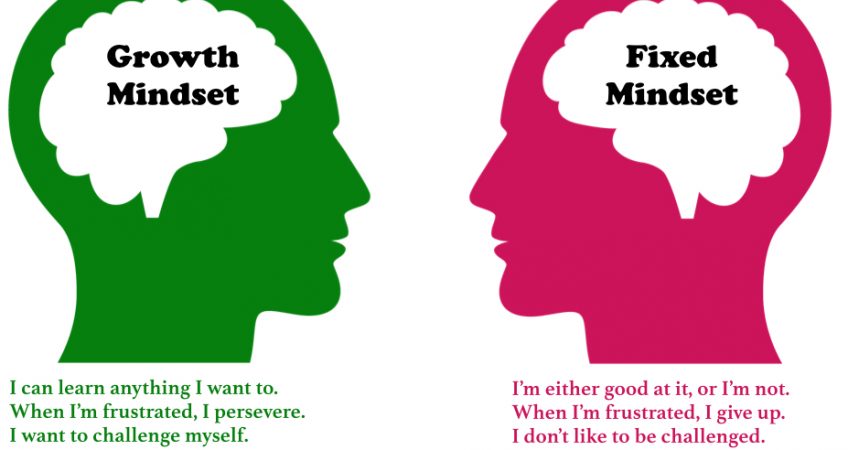Tips to help you learn a foreign language

Over the last 10 years I’ve taught around 100 people how to speak English. I have also supported a few of my clients in learning Polish and Spanish. Well, and what can I say: as a communications professional, I love facilitating this process!
A hands-on tutor can do a lot of work for you. For starters, they can pick the most suitable methods and learning materials, e.g. engaging reading and audio bytes at your level of English. Additionally, when they come from a business environment they will be able to help you set your goals, objectives, tactics and work out a timeline. BUT at the end of the day it’s you who will need to adopt the right approach, stick to the plan and do the actual studying. What are then the key tricks to bear in mind, making the learning process as efficient as possible?
- Remember why you’re studying the foreign language and draw positive energy from visualising yourself when having achieved the goal!
- Choose the right tactics and stay focused. E.g. if you need to focus on writing emails in English at work, make sure that is what you actually practise. Reading has a direct, positive impact on your writing skills so on no condition skip it – instead, try to maintain the right balance.
- Create good habits. We’re very busy these days so most of you will need to adopt the approach of taking small steps. If one of your objectives is to enhance your English vocabulary try to dedicate at least 15 minutes a day to learn new words instead of making it another mammoth task. I know that ‘you should study regularly’ may sound like one of the ‘easier said than done’ cases and therefore I recommend you focus on the words you’re actually going to use very soon on a daily basis. Immediate progress should give you this extra motivation to make regular studying a habit. I could probably talk about the matters related to learning new vocabulary for ages (e.g. how long it takes for a new word to land in your long-term memory; the importance of being selective in light of the fact that the English language apparently has 171,476 words in current use etc.) so I think this should remain a topic for one of my future posts.
- Immerse yourself in the English language. Apart from watching films in the authentic language, listening to the language in the background (even without much understanding – passive listening) or visiting the native countries, have you remembered to change your electronic devices’ language settings and start drafting to-do and shopping lists in English?
- Together with your tutor regularly revisit your objectives and monitor progress to make sure nothing has slipped out. If, for example, you’re behind the timeline, learn the reasons and together aim to get you back on track. Perhaps you need a better routine or different methods? (e.g. use interactive rather than traditional grammar exercises?) If you like technology, are you employing enough of it in your learning process? A lot of my ‘mobile’ clients have fallen in love with Quizlet.com and the digital flashcards it offers; as a result, they have dropped using the traditional methods of learning new words, phrases and grammatical structures.
A good teacher is also a psychologist and a mentor. They will monitor the progress and praise your hard work or when needed – encourage you to study more. I am lucky enough to have wonderful clients with a growth mindset who appreciate and make the most of any type of my feedback. And vice versa: I need to be aware of any pains you may be experiencing while studying English. I want to learn about any areas of our work together and where tweaks could be made to improve the process.




Well written, Thanks Marta for this blog. 🙂
I got it as I looked into pictures, the main motto is to encourage everyone for “I can do this” attitude.
Nazywam się NitiN Gupta z Indii, Ja jestem Hindusem, Ja uczyć się język polski bo bardzo piękna język ale bardzo trudny.
Pani Czy ulubiona zwierzę jest ? Cat ?
I’ve been wondering whether I should respond in English or Polish? 😉 You’ll have to tell me more about your adventure with Polish: what’s your motivation, the areas of the language you find most exciting and challenging etc. I see you’ve shared an invitation on LinkedIn – shall we move our conversation there? PS Moje ulubione zwierze to pies 😉